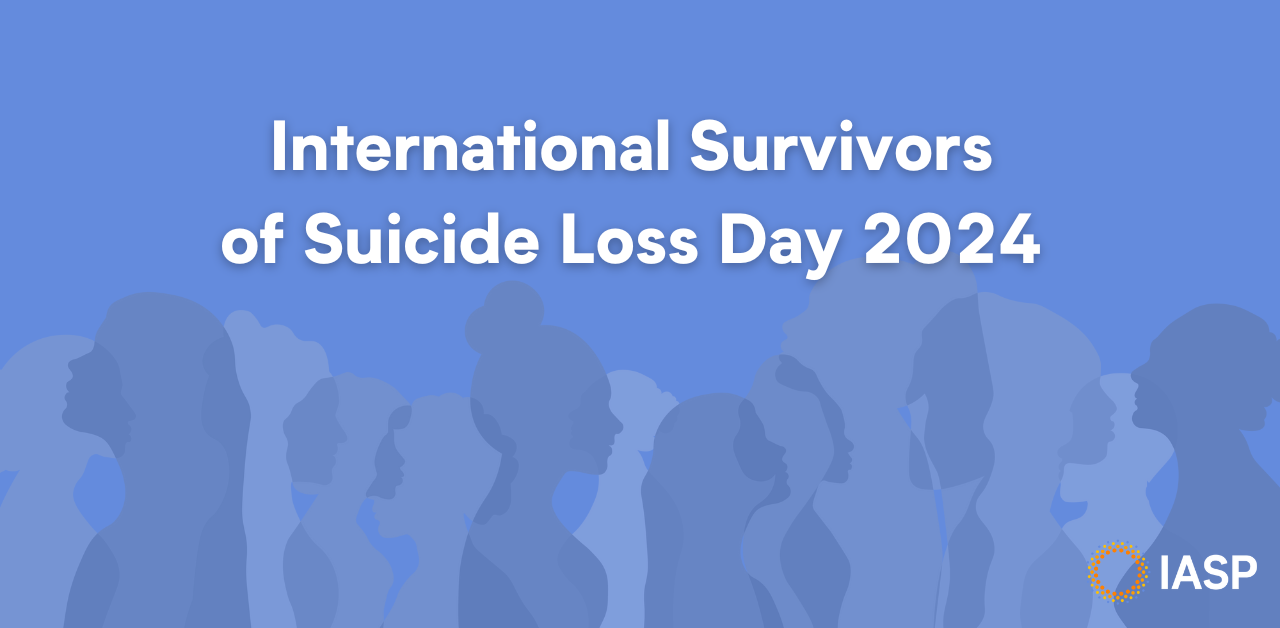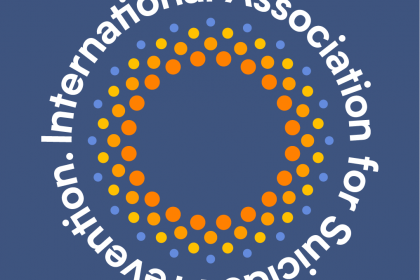International Survivors of Suicide Loss Day is marked as a day dedicated to those who have lost a loved one to suicide. This year, the day will be observed on 23 November to foster connection, offer support, and promote healing through shared experiences.
The World Health Organisation (WHO) estimates that more than 700,000 individuals die by suicide each year. In addition to the lives lost, evidence suggests that people who have lost a loved one to suicide are more likely to consider suicide. Each suicide or suicide attempt causes a devastating impact on survivors bereaved, families, communities, and society, thus affecting millions of people worldwide.
The grief following suicide can be complex and overwhelming, often accompanied by feelings of pain, sadness, guilt, anger, regret, and other intensive negative emotions. This day, therefore, serves as a reminder that we need to acknowledge this double burden of suicide and encourage a sense of solidarity and support for those experiencing suicide loss.
This day also encourages communities to come together as remembrance ceremonies and storytelling events are held across the globe. These events offer opportunities for survivors to honour their loved ones while connecting with others who share their experiences. The American Foundation for Suicide Prevention provides a list of global events on its website, where survivors of suicide loss can come together to find connection, understanding, and hope through their shared experience.
The outreach brief, developed by the IASP Special Interest Group (SIG) on Suicide Bereavement and Postvention, highlights that the stigma and guilt associated with suicide causes survivors to feel misunderstood and sometimes lonely, and that they also find it hard to find support in their grief. The brief also suggests a list of actions to take for people bereaved by suicide and to support people bereaved by suicide.
Reaching out for help after losing someone to suicide can be challenging, but it can be an act of self-care. Seeking support can help to us process grief, foster a sense of belonging, and build coping strategies.





